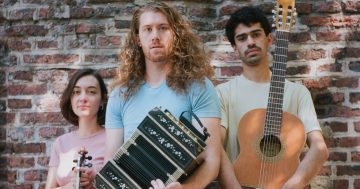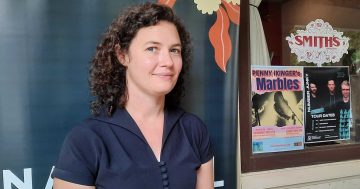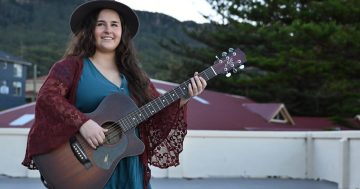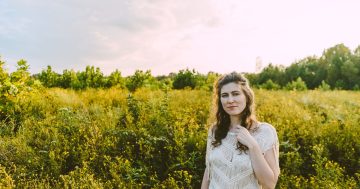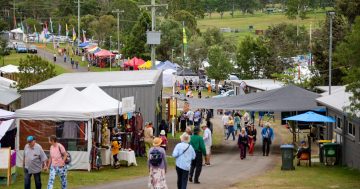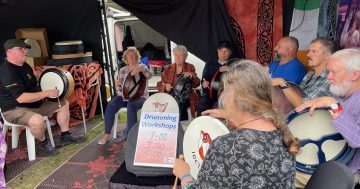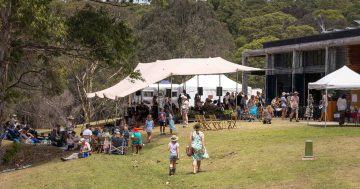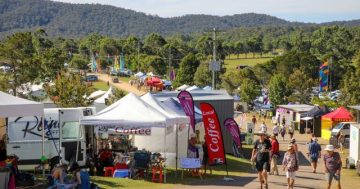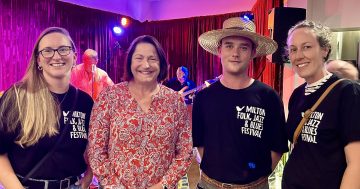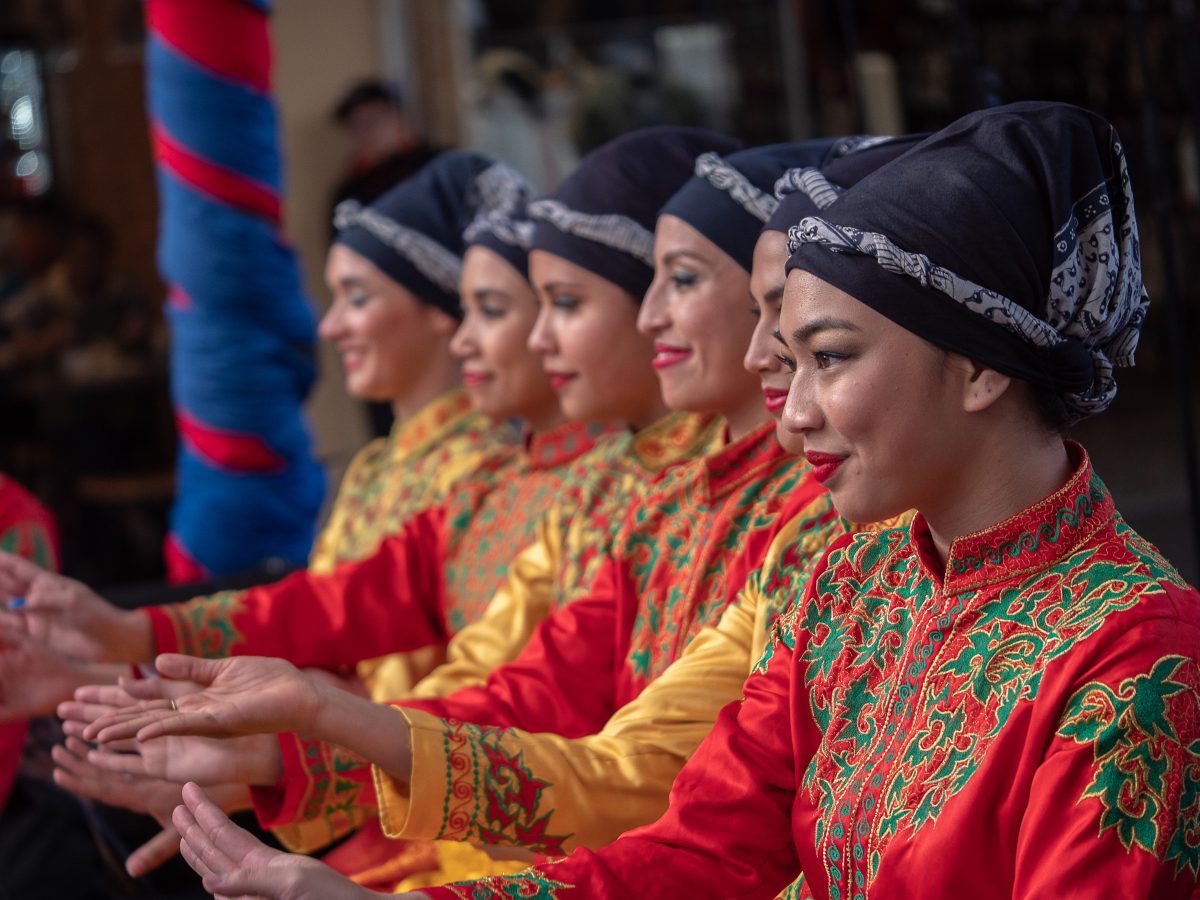
Suara Indonesia Dance performing Ratoh Duek (Acehnese body percussion) at Global Table in Bondi. Photo: Geneross Photography.
Alfira O’Sullivan has had to be “flexible” her whole career – and not just because she’s a dancer.
The co-founder of Suara Indonesia Dance says despite the skill required to perform the traditional styles of her homeland, she has lost count of the number of times she has been rejected from events after presenting her fees.
“Quite a few festivals don’t want to pay culturally or linguistically diverse groups but would like to have them for free or at discounted rates. There is an idea that we should be happy just to be given the chance to share our culture. I think we should be paid as much as white musicians, but I’ve had to be flexible my entire career just to be on the stage and be appreciated by a different type of audience,” she says.
“It’s not about moving from a community stage to a professional stage – we’ve always been professional. It’s about organisers wanting to give us the space.”
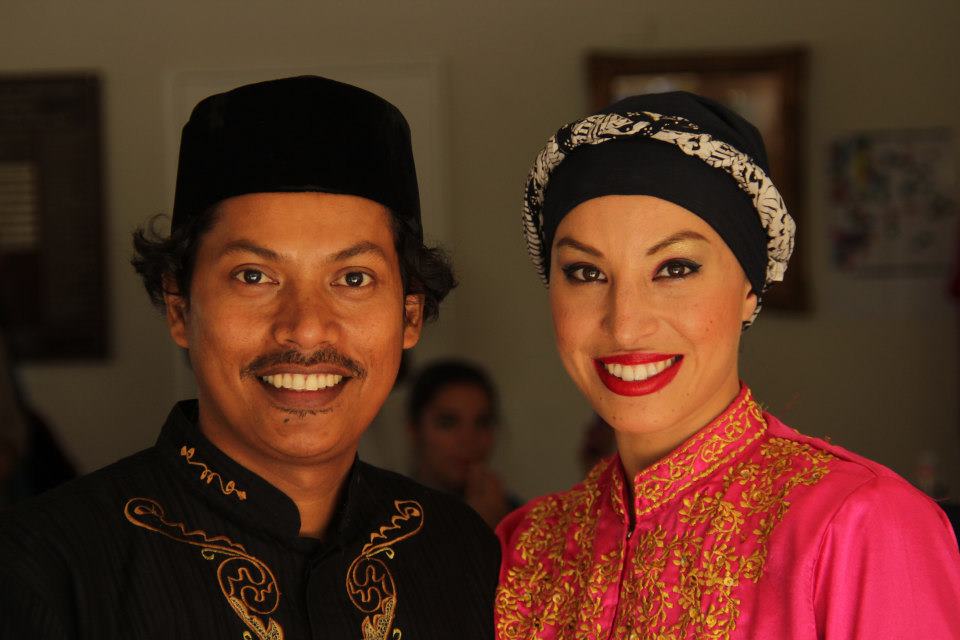
Murtala and Alfira want to bring traditional Acehnese dancing to diverse audiences. Photo: Joshua O’Sullivan.
The troupe specialises in Acehnese body percussion – a communal seated dance and music-making that creates rhythms on the body, hands and floor. The oral practice is passed down through generations and requires supreme precision.
“Those who know us know the quality of our work, but it’s hard for other organisations to really understand because anything non-white or traditional is considered a bit token,” Alfira says.
“Unless more organisers make space, this barrier will remain, and we will always be a minority … when they put us on a mainstream stage, they see, we can hold our own against any mainstream artist.”
Suara Indonesia Dance will have that chance at this year’s National Folk Festival, and one of the artistic directors, Michael Sollis, says he is stoked to have them alongside a swathe of diverse acts.
He thinks that conversations about the lack of diverse representation in music events are sometimes stifled because they require an admission that organisations perhaps “haven’t nailed it yet”.
“I think more organisations generally want to increase their diversity and give more artists voices, but there’s this rhetoric that every organisation has to be a ‘leading practitioner’ in inclusion and diversity,” he says.
“When organisations are preoccupied with that appearance – sometimes due to the pressures of funding and community expectations – it pulls focus from the most important thing, which is the artists involved in that dynamic.
“Organisations need to be a bit humble and go to those artists from diverse backgrounds and actually ask them, ‘How can we do this better?’, even if that means admitting we haven’t nailed it yet.”
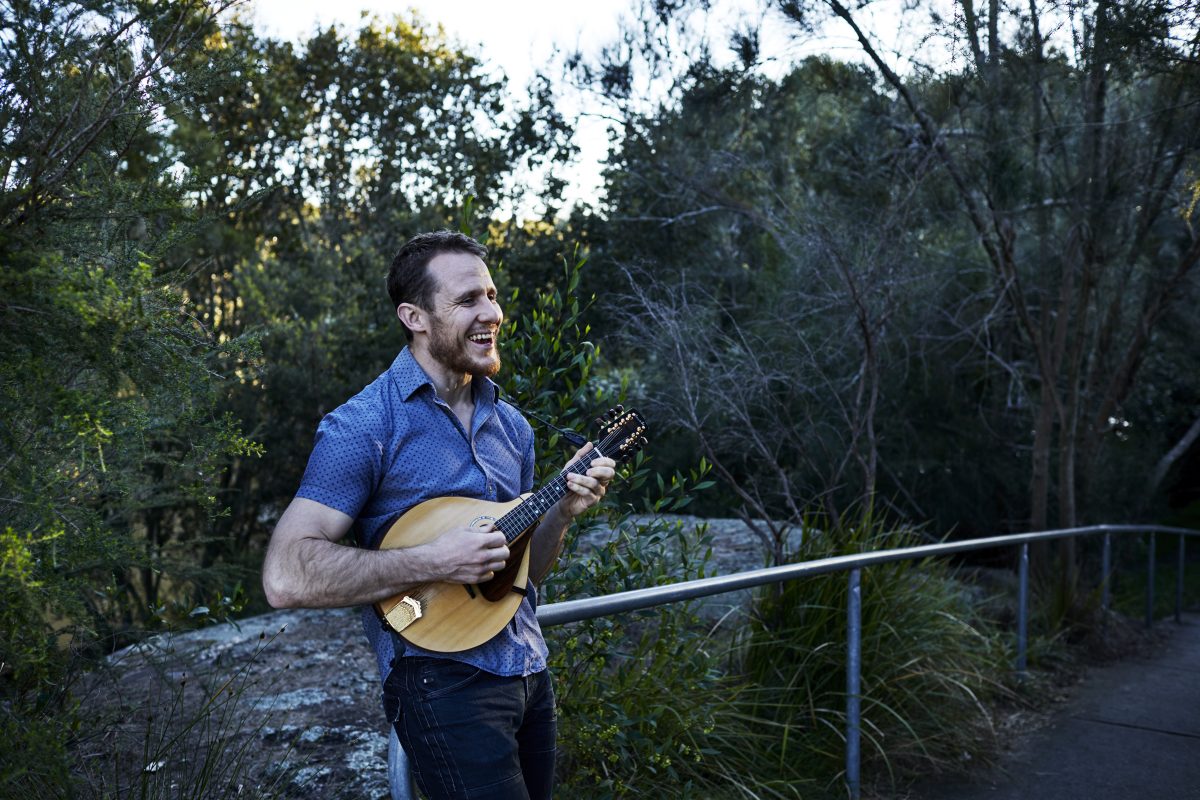
National Folk Festival 2024 co-artistic director Michael Sollis says diversity is integral to a folk scene. Photo: Keith Saunders.
Michael says as a traditionally community-driven festival that still has a significant audience, the NFF is perfectly poised to play a unique role in changing this rhetoric.
“The National Folk Festival is founded on empowering communities, artists and audiences of diverse political perspectives and viewpoints to create and celebrate diverse music, art and culture together,” he says.
“There are four principles that underpin that and one is inclusivity. It’s integral to a folk scene – ensuring all people have a platform to share their voice, particularly those who may not otherwise or who may feel alienated.
“It’s essential to represent a broad spectrum of the community and we can’t deny that part of that community has not always had the same opportunities to do that.”
This year’s NFF lineup includes a broad cultural representation. Highlights include LGBTQI+ advocate Grace Petrie, Queer the Set and Chamaeleon Collective, a diverse access needs group that will be paired with a traditional Irish music duo from Melbourne, and performers from India and Iran.
Each year, it’s up to organisers to put together a diverse lineup that checks all the boxes. It’s a challenge but very doable.
“In terms of what’s needed to get onto a stage at NFF, everyone has to be excellent in what they do, and we’re looking for integration between artists and audiences, diversity, inclusion and sustainability,” Michael says.
“There’s no reason we can’t do that. We had close to 900 applicants apply for NFF, and in 900 applications, you’re bound to find all those things.”
The National Folk Festival 2024 takes place from Thursday, 28 March, to Monday, 1 April. For more information, including a full lineup, visit the website, Facebook or Instagram.
Original Article published by Dione David on Riotact.







